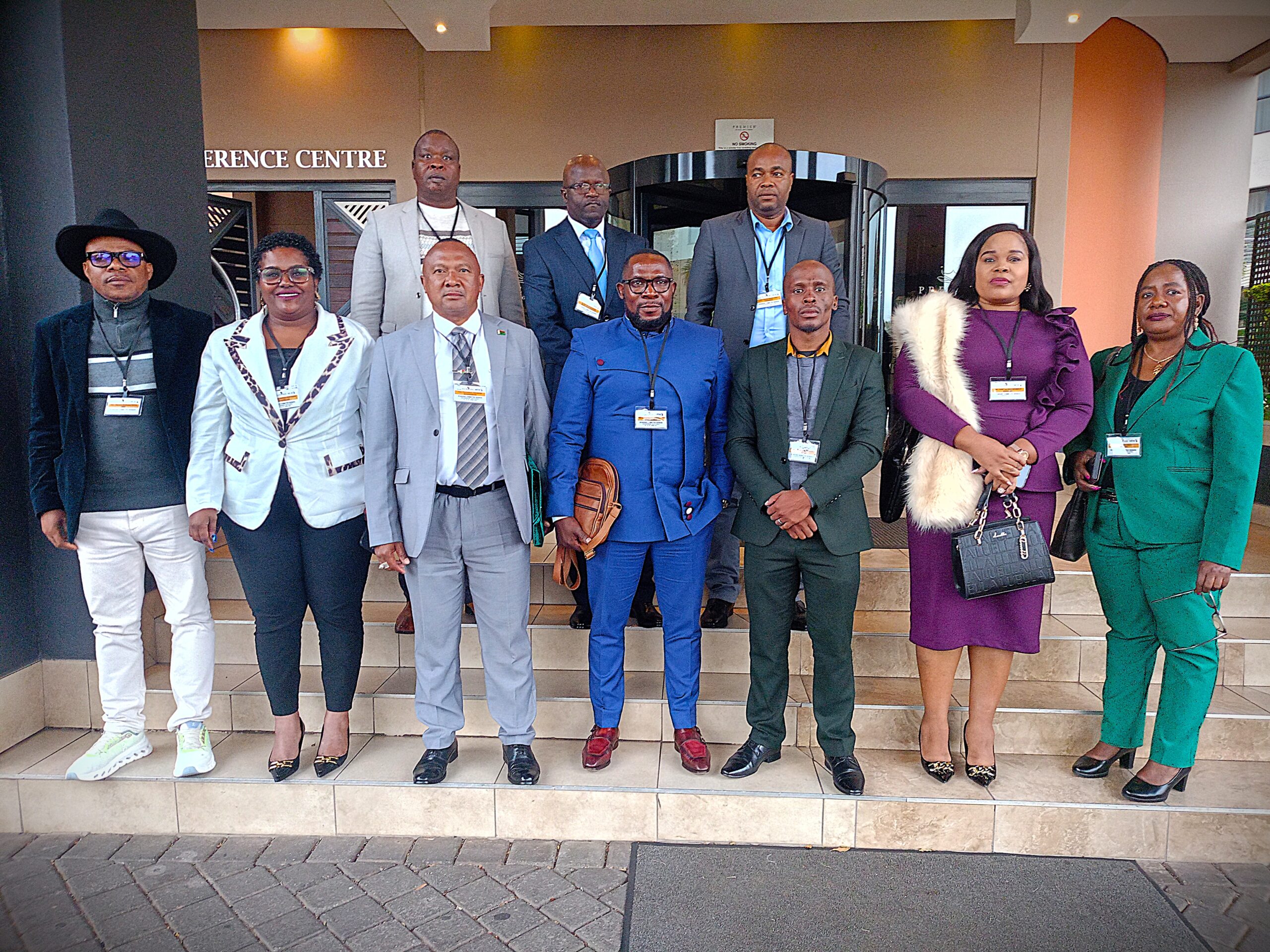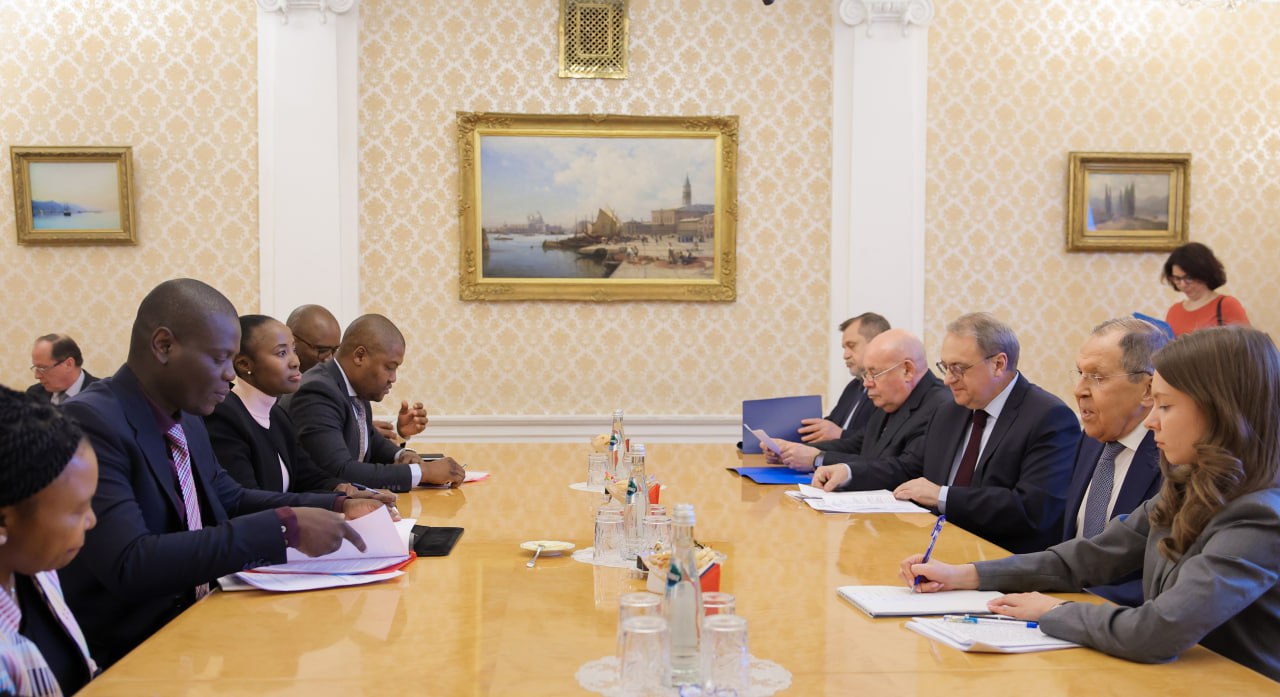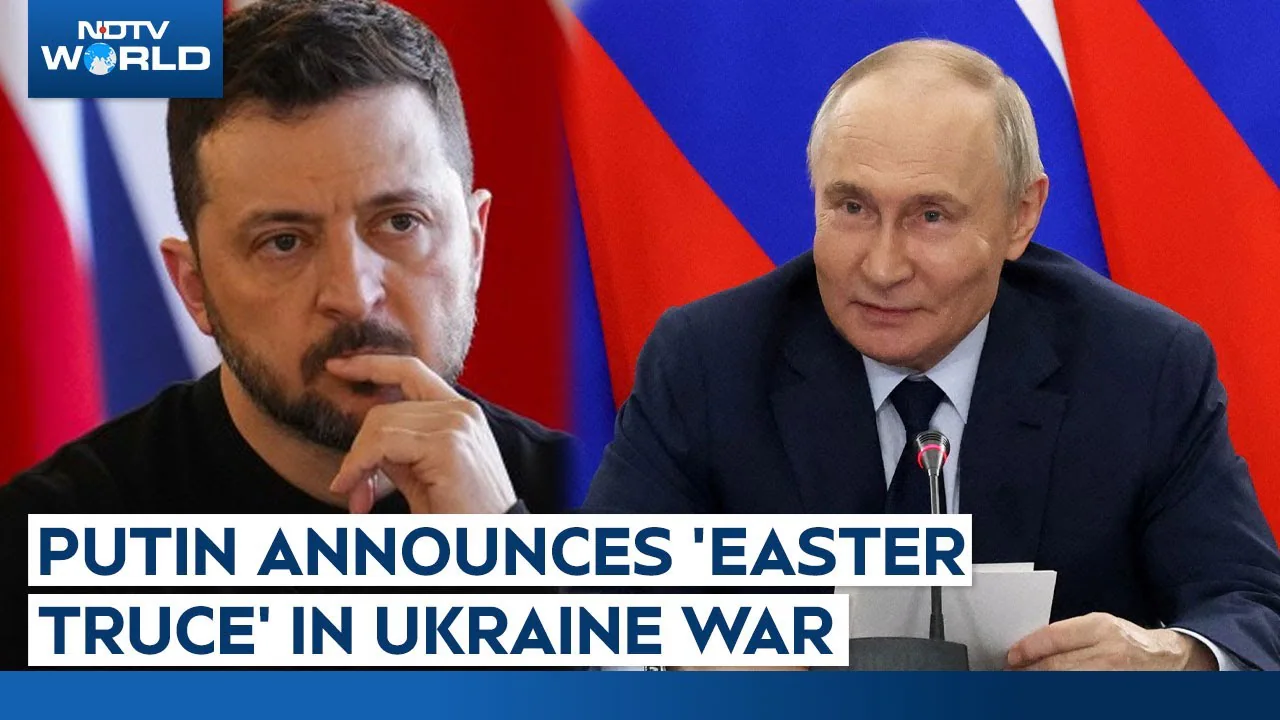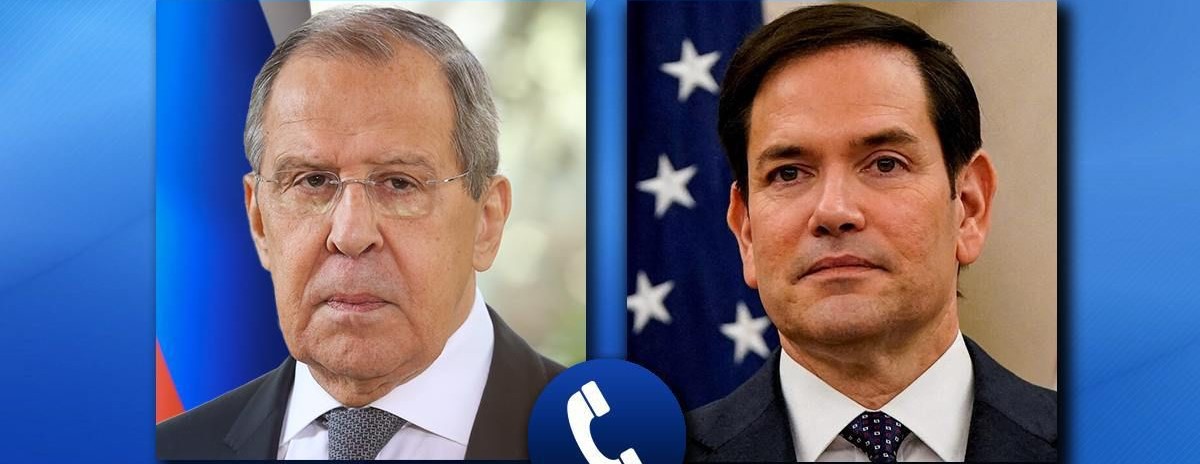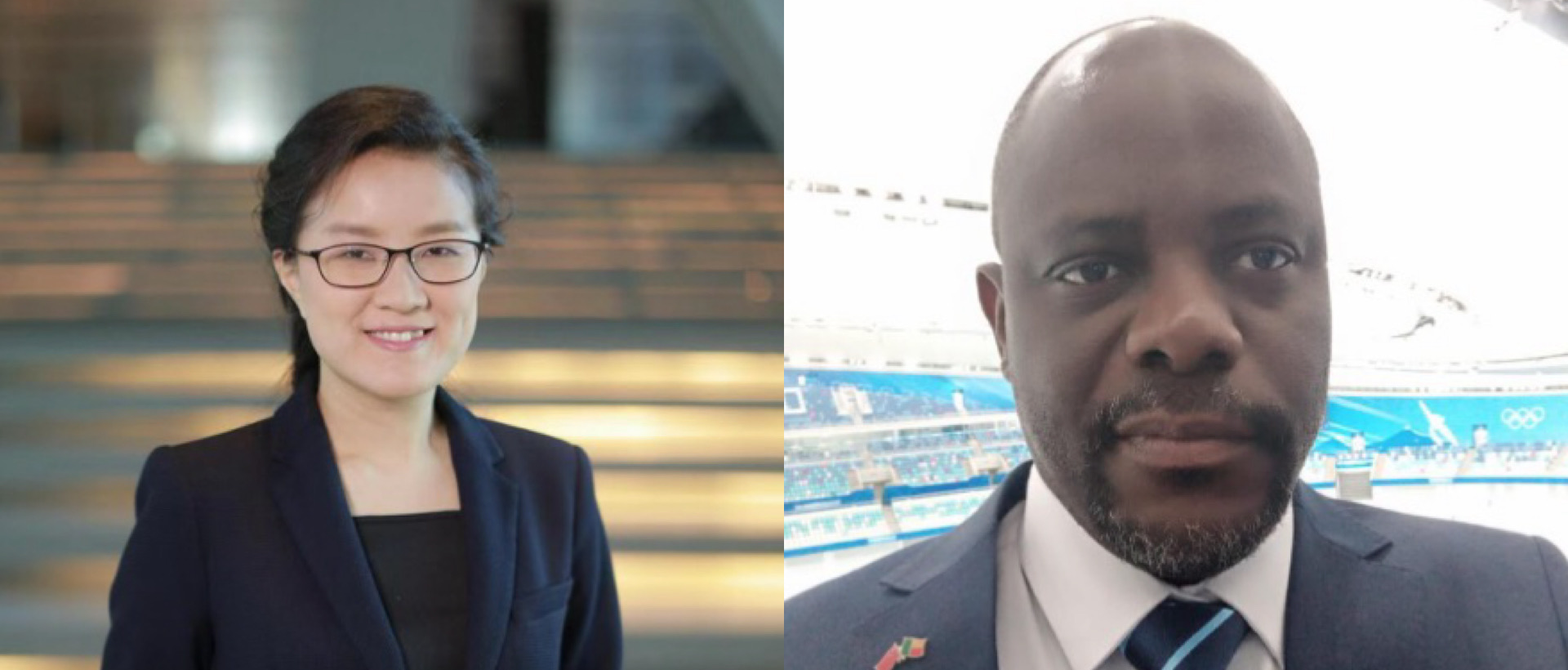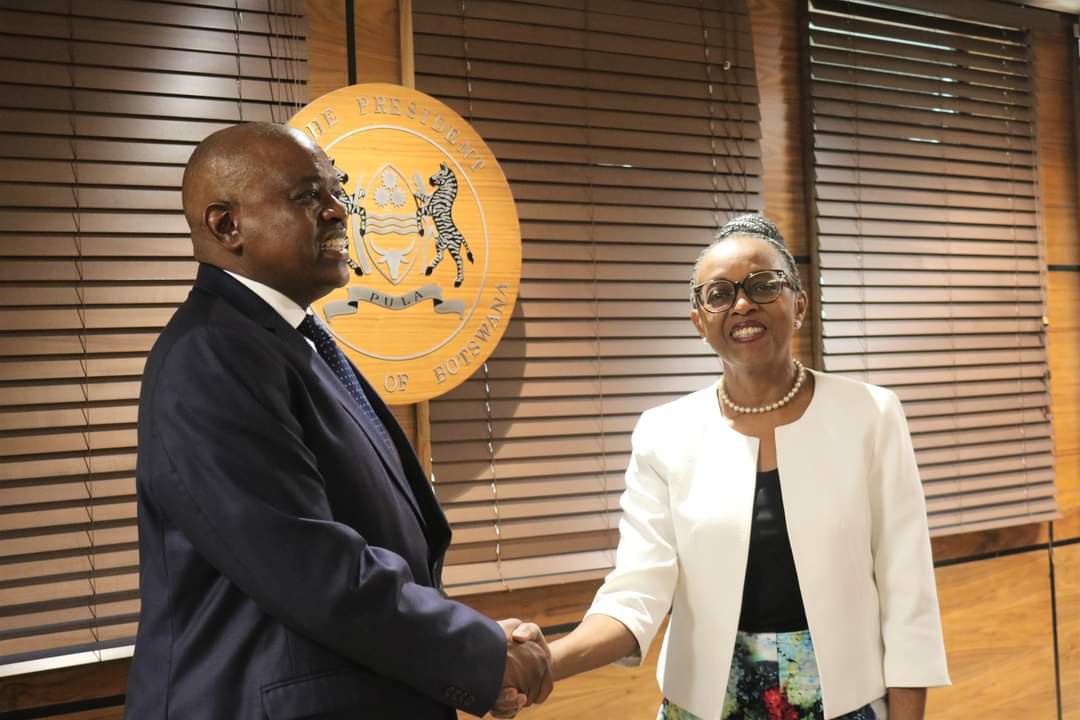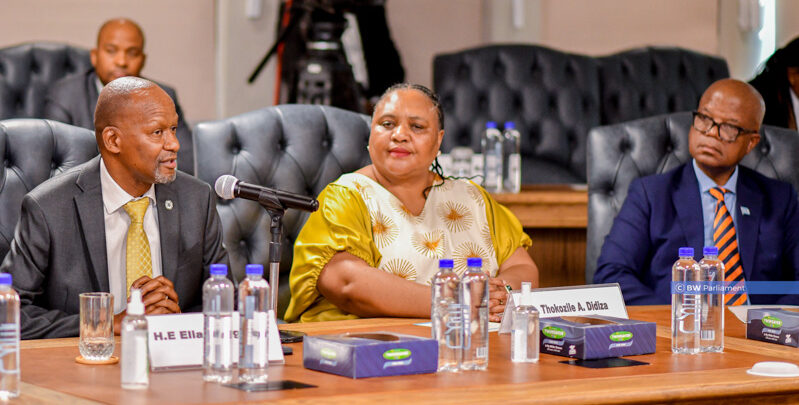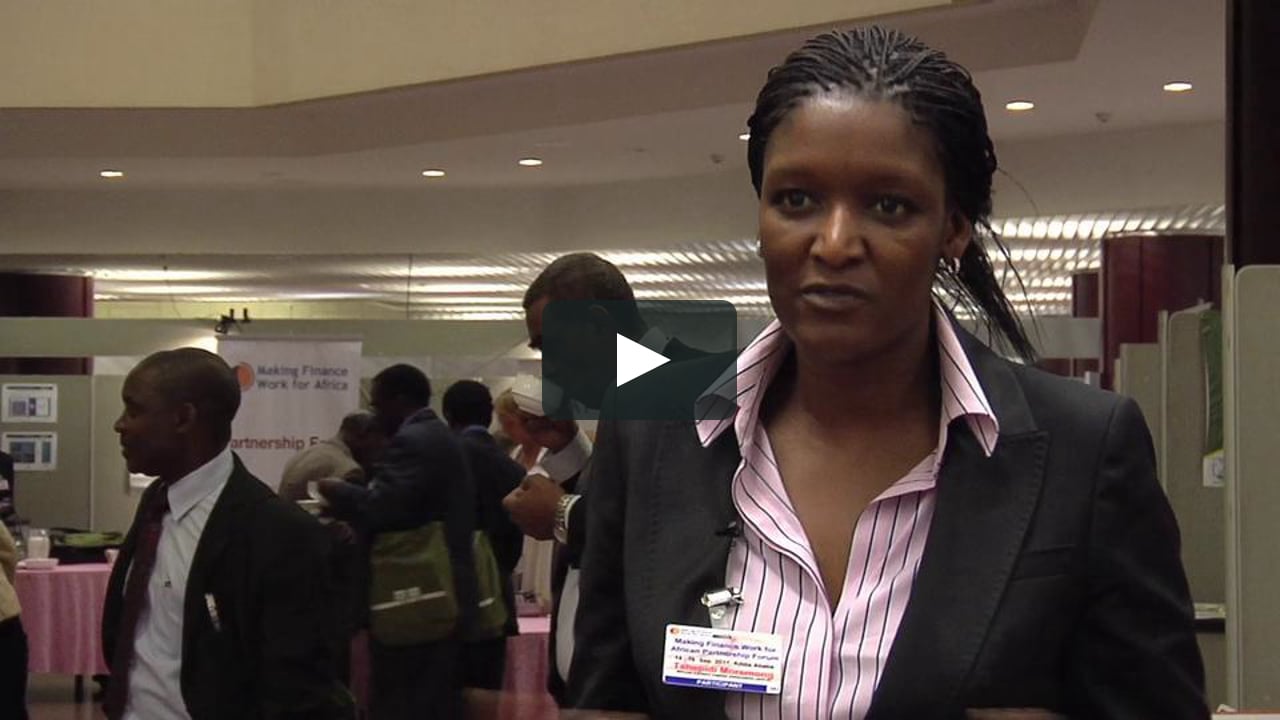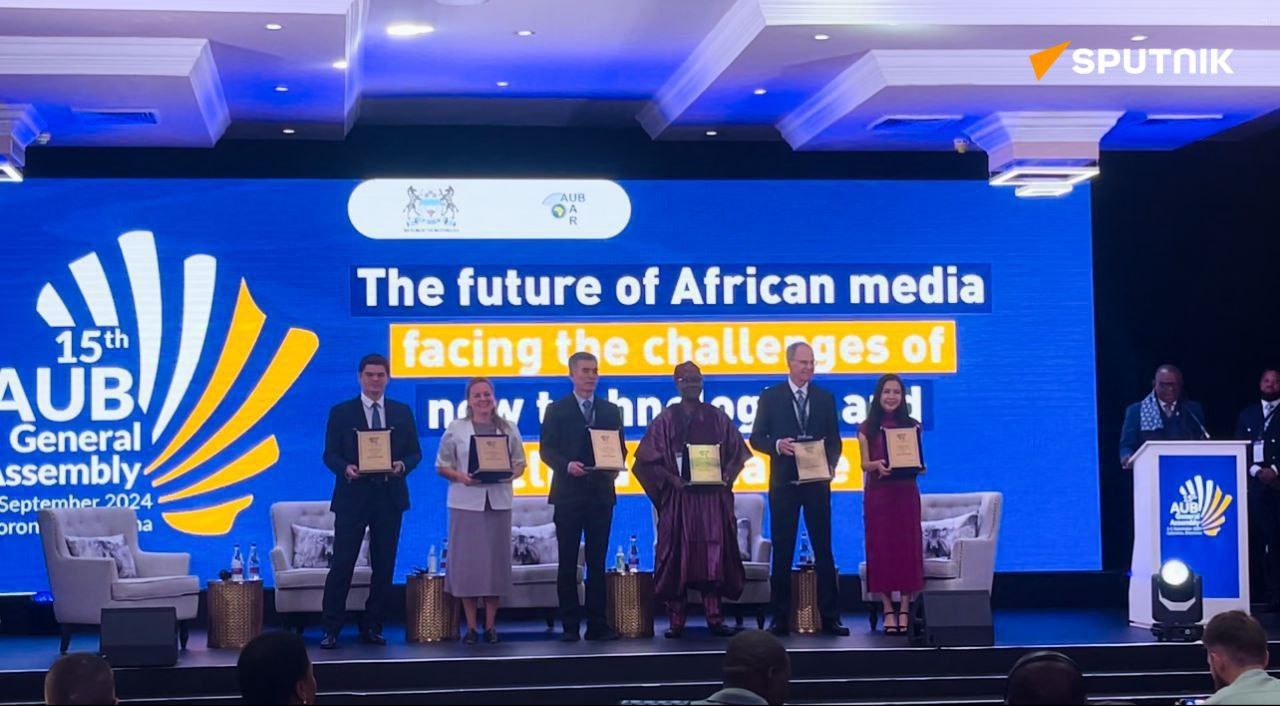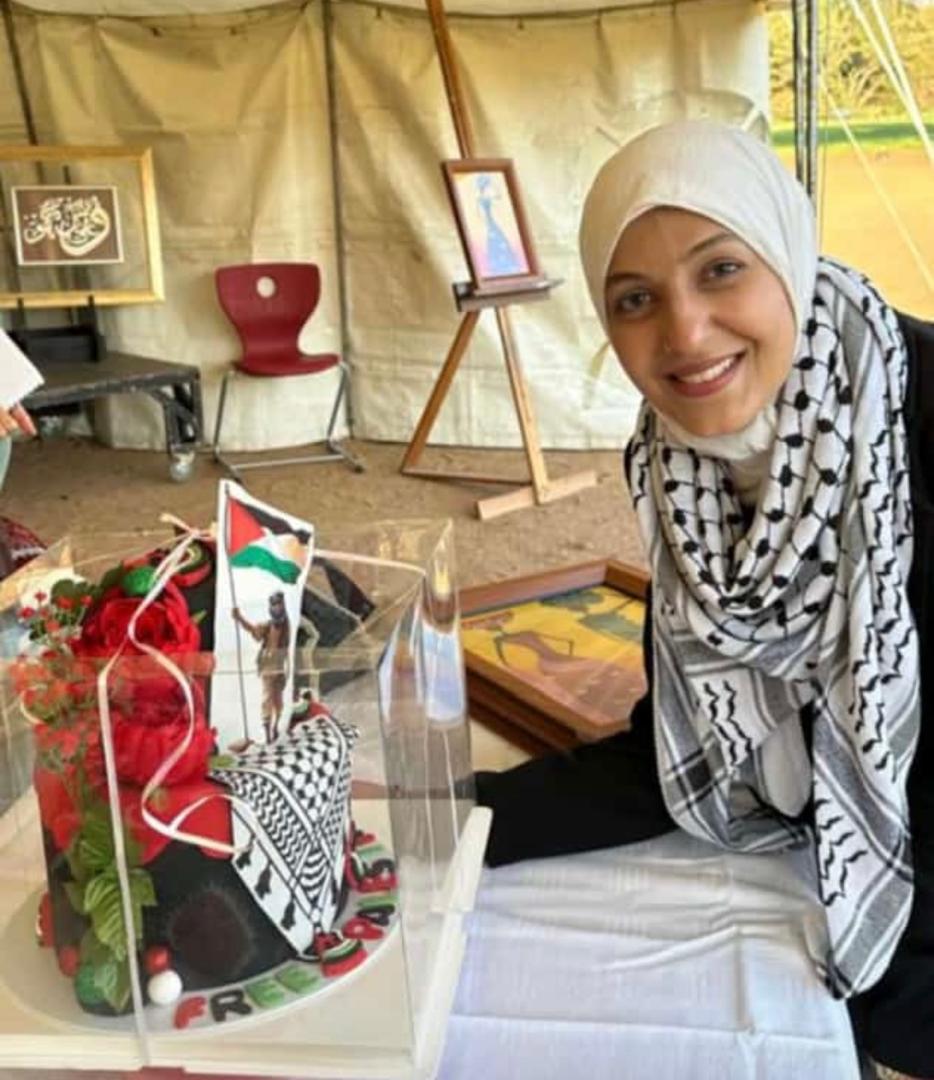
Award winning Al-Jazeera journalist Youmna El-Sayed
- Narrated by award winning Al-Jazeera journalist, Youmna El-Sayed
Cynthia Thanda
The evening of Friday, 23 August 2024, had the Maitisong Hall, Maruapula school in a heart-wrenching session.
People cried in sadness and expressed deep compassion towards Youmna El-Sayed, the award winning Al-Jazeera journalist, as she shared her experiences and the lives of people in Gaza.

“Today is the 23rd of August, Friday, a weekend in half of the world and the beginning of the weekend in the other half. But it also marks 322 days of an ongoing genocide in the Gaza Strip.
“There are people in the central part of Gaza, in Deir el-Balah, and the same question that I heard from each and every one of them, that I tried to calm down, was, you know, where do we go? There’s no place left.
“So, most of the population have decided to go by the seashore. And yet, there’s no piece of land that is empty for them to install their thin tents. For three months, since October 7, until the end of December, when I was in Gaza, I lived these moments, these terrifying moments.
“And I want to take you through, because I’ve said this many times, and I will continue saying it, what you see on your screens, your TVs, your mobile phones, social media platforms, no matter how much horrific and heart-breaking they are, they are very far away from the painful reality that the people keep living.
“Your pain, your grief, your sadness ends with the end of that video that you scroll over. Many people don’t want to see these videos or images anymore, because their hearts can’t take it. But Palestinians in Gaza have been living it on a daily basis for almost 11 months now.”
She went on to talk about how difficult and deprived they are to even get through borders.
“We could not make plans like people in other areas of the world. We could not plan for a vacation because we don’t know if we will be able to travel or not through the border, if we will be granted permission or not.
“In 2014, I got into Gaza. I was pregnant with my third child. Five months. And like any normal human being that was not yet living in Gaza, I thought that by the time I get to my time of labour, I would be able to be among my family in Cairo, Egypt, just to cross that border and give birth among my family.
“I was granted permission in 2016 when my child was two years old. We were not able to travel like other families around the world, even if you have the financial means, for a simple summer vacation because you don’t know when you’re going to be allowed to go out or come in again.
“The health sector, health system, the hospitals and clinics in Gaza were always, according to UN organizations, on the verge of collapse. Because the necessary medical tools, medications, equipment were always declined entry, including x-ray machines.
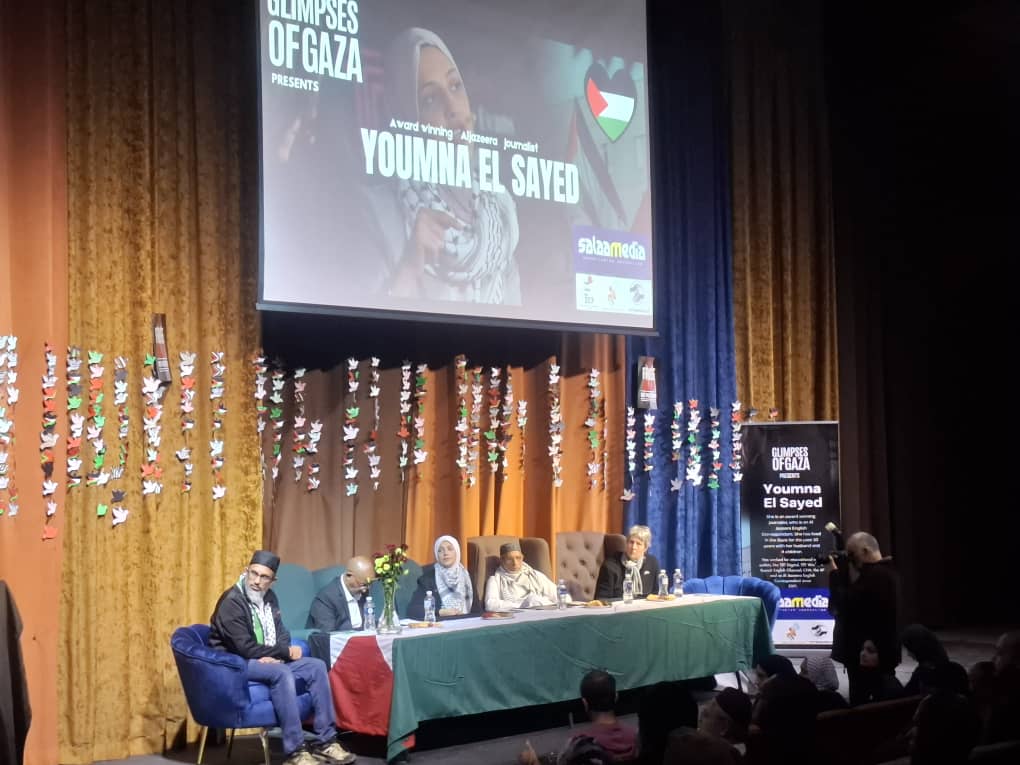
“Cancer patients in Gaza died because there was no cancer treatment, because there are no cancer hospitals for the required cancer treatment.
“After years, very recently, we had the first cancer hospital, a Turkish hospital that was opened in Gaza, and it did not have the necessary and adequate medication to treat all cancer patients.
“When a child needs a very important surgery that can’t be conducted in Gaza, or treatment that is not found in Gaza, they ask permission to cross to the occupied West Bank for treatment.
“And the normal nature is that any child, any sick child, would want their parents with them, at least your mother or your father, right? One of them. But most parents, if not all of them, were deprived from going to the occupied West Bank because they are under 50 or 60 years old.
“We came to the point, by the way, in Gaza where UNRWA distributed humanitarian aid, not just for refugees, but for every single resident in Gaza. Because we came to the point where every single resident in Gaza needed aid because there was no food supply to buy anywhere.
“Only five was allowed limited humanitarian aid, entering through UNRWA. But yet, those who were allowed to evacuate Gaza had to pay good sums of money. This is really a topic that unfortunately I’m not able to speak about very clearly because of political restrictions, because I’m a refugee now, because I don’t have any protection.
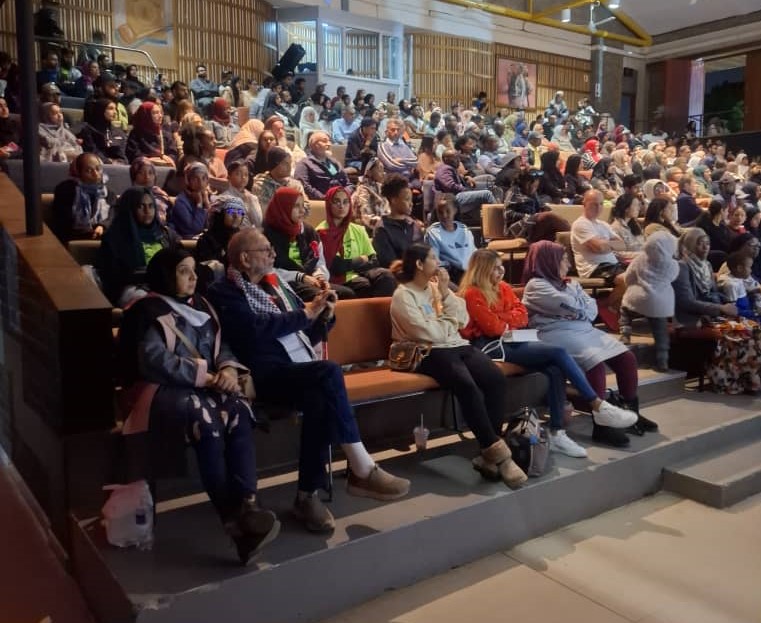
“But on one of my social media platforms, Instagram, I did a video about the GoFundMe links that spread enormously, created by Palestinians from Gaza, to evacuate Gaza. The title was to evacuate Gaza. And I just tried to explain to the people who wondered, why is everyone going for crowdfunding now?
“Because this is their only choice. People have lost all their financial means in Gaza, and the only way for them to be able to leave is to pay, at least, if you’re lucky, $10,000 for those above 16, and $2,500 for those under 16. These are the lowest prices. There are a lot more.
“That’s why, although thousands were able to evacuate, there were hundreds of thousands more who could not afford it.”
Crestfallen, Youman told of how they had to evacuate where they were living, trying to get to safety.
“We were trapped in our apartment. At that time, people had already started moving to the South on foot where you have to cross an area of six to seven kilometres, raising your hand, holding your ID in one hand, and the white flag on the other.
“Every person is allowed only one backpack. But that is not the problem. I refuse to go to the south. I refuse to evacuate on foot. Because I reported earlier, before that, about civilians who were tank shelled on Salahuddin Street while they were crossing to the south.
“And these civilians, their bodies were left on the ground to decompose. The smell of their bodies, birds eating from them. And I just thought to myself, how can I make my children see other children killed like that? I don’t think that they can ever overcome such a trauma.
“And so I refused and I refused, day after day, until I was personally divided. That if I don’t leave my home, we would be killed. We were called by a so-called IDF officer from a private military. That was one of the worst feelings I have felt as a mother.
“That I was now posing danger to the lives of my children. They are the most precious lives that I strive to keep safe. My 12-year-old at the time, Elin, she couldn’t bear the news, she was terrified. She screamed at me saying, they’re going to kill us because of you. They’re going to kill us because of you.
“I can’t forget her words until this day. And I don’t think I will ever forget her words, forget the fear in her eyes. Forget the shiver in her body when she said them. I then decided to evacuate south. I didn’t even have the privilege to carry my 5-year-old, Juju.
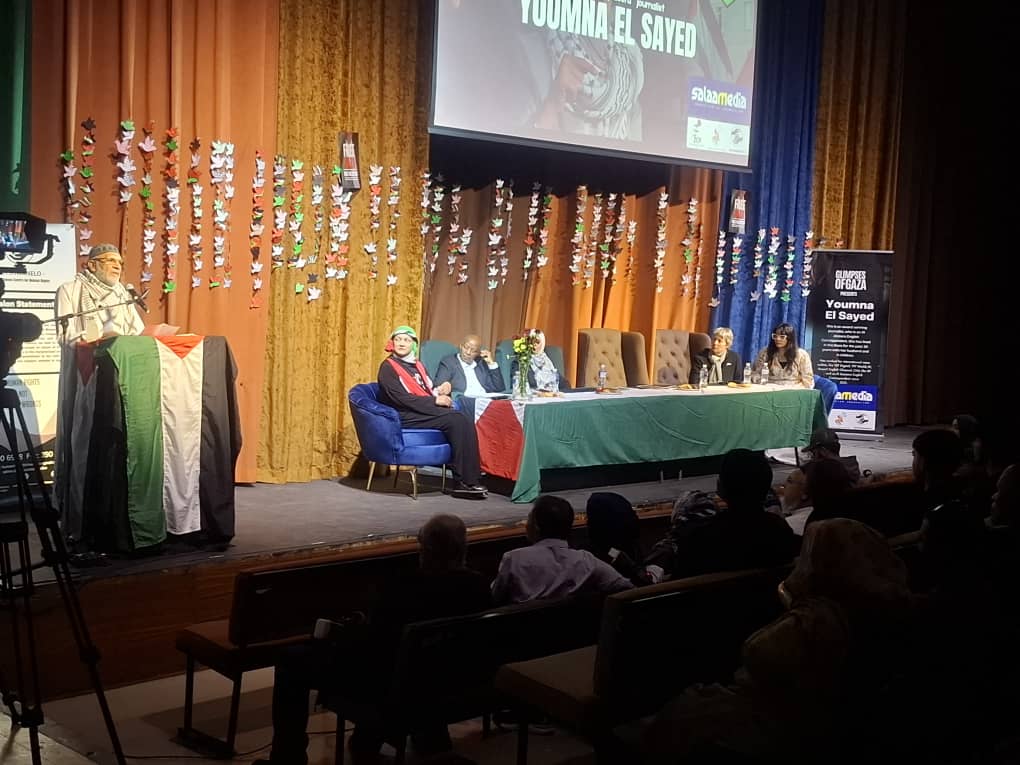
“She had to walk because we had to raise our hands in the most humiliating manner and sense. We watched the Israeli soldiers deployed behind artificial sand beams that they created, pointing their guns to us civilians as we crossed. You’re not allowed to use your phone, you’re not allowed to hold anything in your hand except your ID and a white flag. And march straight.
“On your right hand, lay the bodies of the civilians who were killed. On my left side was the donkey cart that they were evacuating South on. So their mistake, why they were killed, is that they were on a donkey cart instead of being on foot. So they were shot. Because a donkey cart is a threat to these Israeli soldiers.
“I made my children promise me that we would not look at them. They would just look straight and march. The most thing that broke Juju’s heart was that we had to leave her kitten, Fluffy, behind. We left her in one of our friend’s homes in Gaza City. Because we couldn’t take her with us. Because we could be shot.
“The Israeli snipers were only 20 meters away from the building next to my home. That night the bombing did not stop for a minute. Every single moment of that night. We just waited. We got very tired together. I told my children, don’t worry. You’re not going to feel the pain.
“It’s just going to be for one time, and everything will be over. And they were just worried. I mean, what if one of us stays alive? My eight-year-old daughter, she was like, what if you all die and I stay alive? What am I going to do then? What will happen to me?
“She quickly told us, stay together and let’s squeeze together so that there’s not a matter of space. That morning of that night, small flames rained on the windows of our building. We have 600 families with us in that building.
“So when I’m telling you this story now, I’m just giving you a glimpse of how each and every one of them felt. Everyone started screaming and panicking. We were all under the guise of our kitchen.
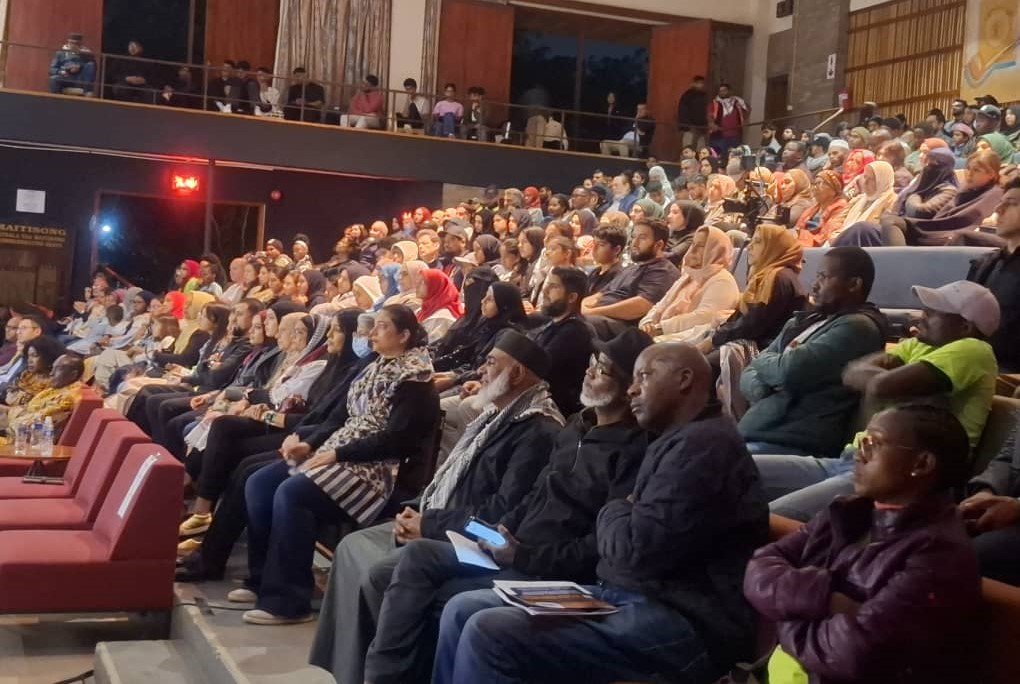
“Consider it, or assume it’s the safest place, away from the bullets and the windows. And then the gate of the building is rained with bullets in the most-crazy manner ever, just to terrify you, to terrify your children. And then it was tank shelled. All that while we’re inside the building.”
Youmna expressed gratitude towards UNICEF and OSHA, that have been working tirelessly, honestly, in Gaza, the past month.
“We’ve spoken to them many times on Al Jazeera, for example. We’ve seen many videos for them on social media platforms where they’re just trying to tell the world how dire, how tragic, how catastrophic the situation of the civilians is.
“But yet, they have been unheard. Or, they have been ignored. They have chosen to ignore them, because what they’re saying is not in their favour. I tell these world leaders that your masks have fallen. That your hypocrisy has been shown. Your data standards are clear. That I do not believe you anymore.
“I tell them that you cannot lecture us anymore about humanity, the rights of children, of women, of human rights. You can’t lecture us anymore about democracy, because you don’t know the meaning of any of these. For the people, I believe in you. I believe in the great power of the people.
“I believe that change is always conducted by the people. I believe that the people are the majority, and although those governments have the power, they are the minority. And when you shout in one voice, you will be heard. No matter what, no matter how powerful they are, you have the ability to conduct that change.
“I believe that people have not lost their humanity. Some people have lost their interests. Some people have focused something that’s more important to them. And others are numbed because of what they have seen over and over again.
“And I believe that this is the worst of the other two kinds. Being numbed. Because when you’re numbed, you can no more react. You lose your senses to react towards anything good or bad that you see. But if you lose interest for a while, you can regain it again.
“If you are busy with something else in life, you can still focus again. But there are so many reasons why people around the world have been silent for a long time. Sometimes me and my colleagues in Gaza, because we had a lot of communications blackout, we used to wonder, like, what happened to the world?
“Did they have communications blackout? Like, did Israel cut the electricity on the world, or what? You don’t see, like, what’s happening? We were worried about you guys. Really. We were like, maybe there is, like, some kind of disease or something that happened, because we were isolated from the rest of the world.
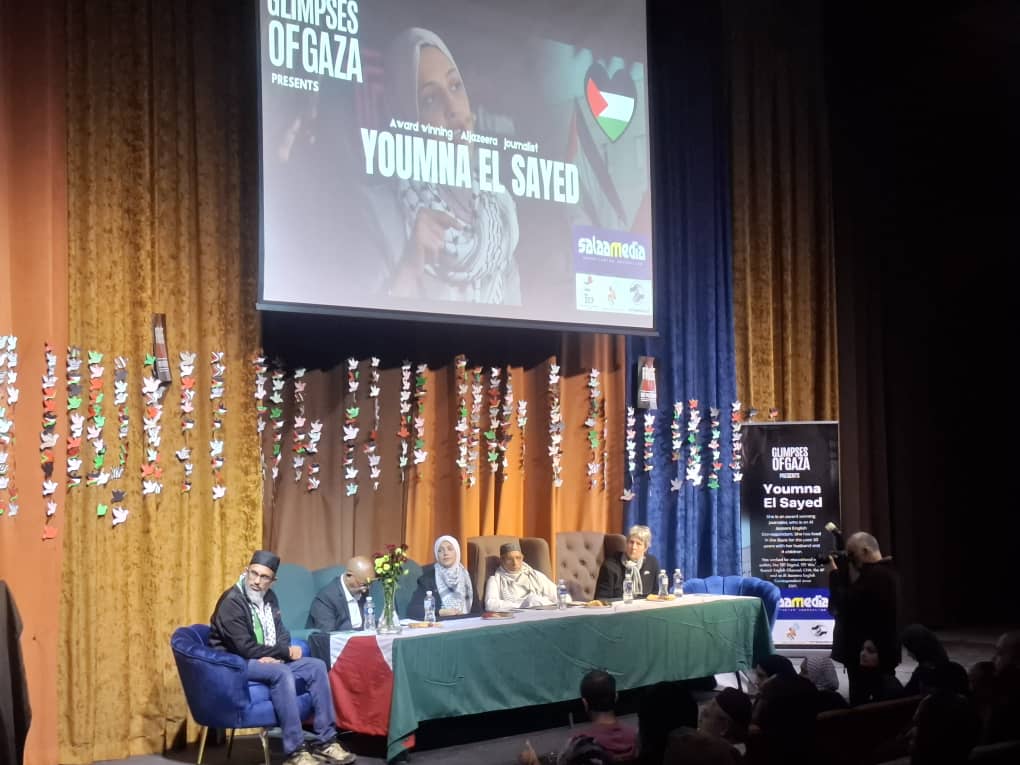
“And we felt like no one is listening to us or seeing us. And it was like that for so long. And that was the responsibility and complicity of the media themselves.
“My message to world leaders, I can’t neglect the role of those world leaders who tried by action. I’m not going to say to set sanctions on Israel, but at least supported the Palestinians, cut ties with the Israeli government.
“South Africa and its court, its law against the ICJ, against Israel, the opposition that we need to salute, and other countries to recognize Palestine. But there are more world leaders who are complicit in silence, and more that are completely complicit in fuelling this genocide, and arming and weaponizing Israel against the Palestinian subordinates.
“Do not believe it when Israel says, or even when countries say that Israel is defeating itself. You can hear it out from medical, foreign medical delegations, about their testimonies in Gaza. You can hear it out from U.N. representatives, foreign representatives.”
Youmna conluded the glimpses she shared by telling the story of Ahmed’s brother.
“This is one of those dark days in Gaza. This is something that I witnessed in the end of November. And honestly, it’s one of the most difficult stories in my heart and my soul and my mind. And it took me months and months when I came out of Gaza that I was able to speak about it for the first time.
“But Ahmed’s brother deserves that you know. One evening, in late November, there was a strike on one of the homes in Khamunis. The ambulances rushed to the entrance of Nasser Medical Hospital. And all the journalists, including me, rushed to the entrance to gather information about the strike, about the casualties, the kids.
“The ambulance door opened. Doctors rushed out carrying different kinds of injuries. A lot of blood, a lot of dust. Truly unbearable scenes. And then this young boy. He’s about the age of 11 or 12. And when you have a child who’s the same age, you quickly relate. It becomes very personal.
“So he’s holding a blue backpack. Hanged on his chest. And his face is full of dust and blood. He looks like he was pulled out of the rubble. And I just, I leave everything. I just look at him. And he sees me staring at him like that. And quickly, I see his blue backpack hang on his chest. Dripping blood.
“I feel so terrified because I just expect what could be in the backpack. What could be in the backpack? He is so quiet. He’s not even rushing or anything. He tells me, do you know what I have in my backpack? I just felt like the entire world just stopped around me.
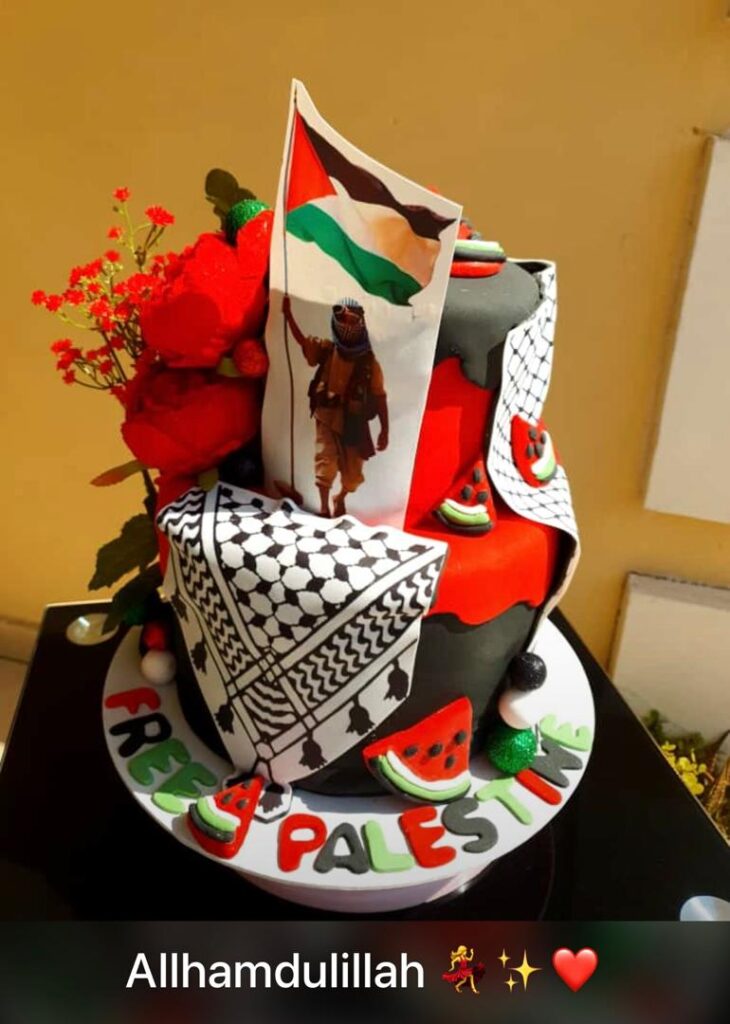
“I stopped hearing anyone. I stopped seeing all this chaos around me. I didn’t have the courage to see what was in his backpack. I put my hand, he tried to open his backpack, and I put my hand over his hand like that. And I didn’t know.
“And then I asked him, what do you have in your backpack? Very simply, completely traumatized. He told me, my brother, Ahmed, he’s five years old. That moment, I felt like… I just wanted to die. Because I couldn’t take that pain.
“I looked at him and I felt… Oh my God. Should I… Should I be upset about Ahmed? Should I be grieving about Ahmed? Should I be grieving about his brother? I called the doctor around me. I just pulled him from his cot. He was like, what? And I pointed at his bag. And I told him, you have to help him.
“And the doctor quickly, in a very rash manner… He opens the bag. He screams, Ya Allah, Ya Allah! He’s like, should I die? Come, take him to the morgue, quickly! He has a body. And I stay right there. While Ahmed’s brother goes to the morgue. I stay in my place.
“Not being able to comprehend the brutality of what I just saw. How can a human being bear? When I went home that night… And the next day, I couldn’t go to work. I couldn’t stand. The only thought I thought about… Was how did I… How didn’t I document this? I could have stopped this genocide. I swear to God, I felt so bad towards myself. I felt like I… Like I did not do justice to Ahmed or his brother.”
In his message of solidarity Mr Modiega, the Chairperson of Ditshwanelo – the Botswana Centre for Human Rights said:
“We want to build a mass of bodies of citizens of the world, to be aware of what goes on in Palestine and to throw every support in whatever way to make visible the suffering of the people in the Palestine.”
Mr Inayet Wadee of Salaamedia also shared a message of solidarity in his introduction.
“The message to the Palestinians was clear. You are not alone. We are with you. We are your voices, even if the entire world has forsaken you. But at the same time, they also remind the world that as Africans, we are not here just to speak. We are here to help countlessly.
“So far as we are in Africa, as I say, there is no room for silence. We cannot, we must not, and we cannot be peasant witnesses to such brutality. This is the reason why my country South Africa makes me very, very proud,” he said.
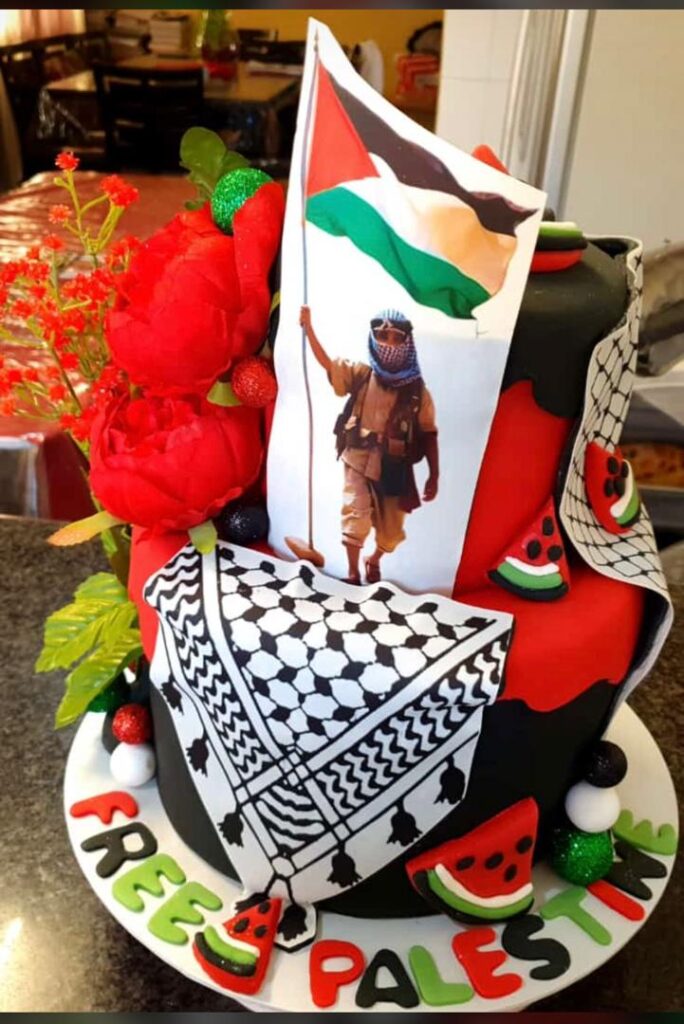
The event was filled with solidarity messages, fund-raising activities that included photo booth, auction, art exhibition, information booth, gaming booth and food and drinks stalls.
Here is a poem: If I must die’ by Refaat Alareer (1979 -2023), a Palestinian killed during the Israeli bombardment on Gaza. His body has never been able to be retrieved and is still under the rubble in Palestine.
If I must die
By: Refaat Alareer (1979 – 2023)
If I must die,
you must live
to tell my story
to sell my things
to buy a piece of cloth
and some strings,
(make it white with a long tail)
so that a child, somewhere in Gaza
while looking heaven in the eye
awaiting his dad who left in a blaze–
and bid no one farewell
not even to his flesh
not even to himself–
sees the kite, my kite you made,
flying up above
and thinks for a moment
an angel is there
bringing back love
If I must die
let it bring hope
let it be a tale
A short story written by Cynthia Thanda and published by the Petlo NGO in Botswana also seeks to spread awareness. Here is the link: https://petlwana.com/2024/06/10/from-the-river/

